Are you aware that some herbs, while delightful in your meals, might not be so friendly to your pets?
In your kitchen or flourishing in your garden, certain common herbs could unexpectedly threaten the health of your beloved dogs, cats, and horses.
From causing conditions like anemia to more severe health issues, knowing which herbs to keep away is crucial.
Let's explore together these herbs and learn how to create a safer environment for our pets. Our little friends depend on us to keep them safe and happy, so let's dive in and learn more!
Understanding Herbs and Pets
It is also important to note that pets may have different sensitivities to certain herbs. To help pet owners navigate the world of herbs and pets, here are some general guidelines to keep in mind:
- Always consult with a veterinarian before giving any herbs to your pet.
- Do not assume that just because an herb is safe for humans, it is safe for pets.
- Keep all herbs and herbal supplements out of reach of pets.
- Be aware of the potential side effects and toxicity of any herbs you give your pet.
- If your pet shows any signs of illness or distress after consuming an herb, seek veterinary care immediately.
8 Common Herbs Dangerous to Pets
It's essential to be aware of the many herbs that can be toxic to your pets. Here are eight common herbs that pet owners should be mindful of:
1. Chives
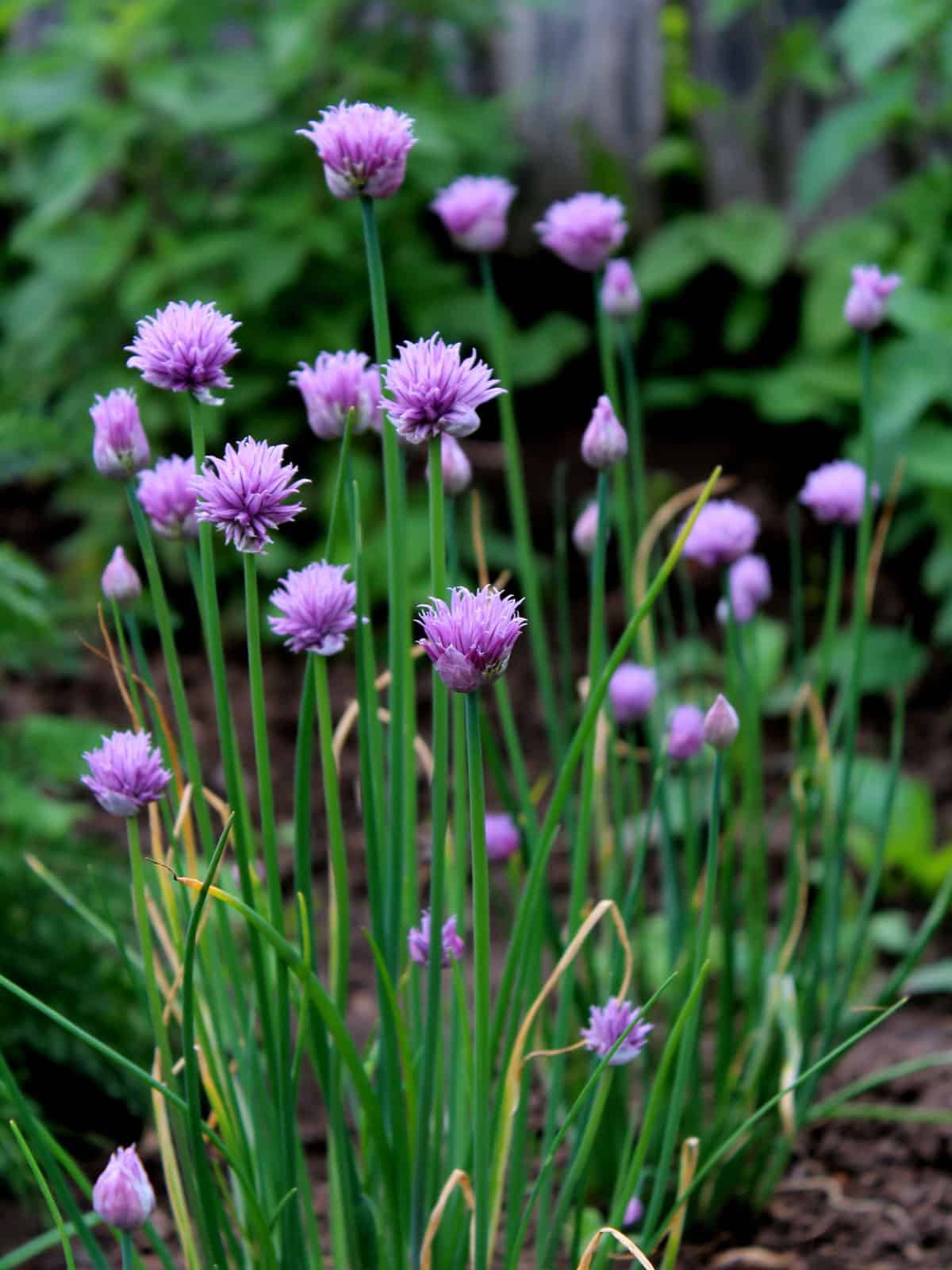
Chives are a part of the Allium family, including garlic, onions, and leeks. Chives' slender, hollow, and grass-like leaves are used for culinary purposes, particularly their delicate onion-like flavor.
Chives are highly toxic to dogs, cats, and horses due to the compounds they contain that can cause oxidative damage to their red blood cells.
2. Pennyroyal
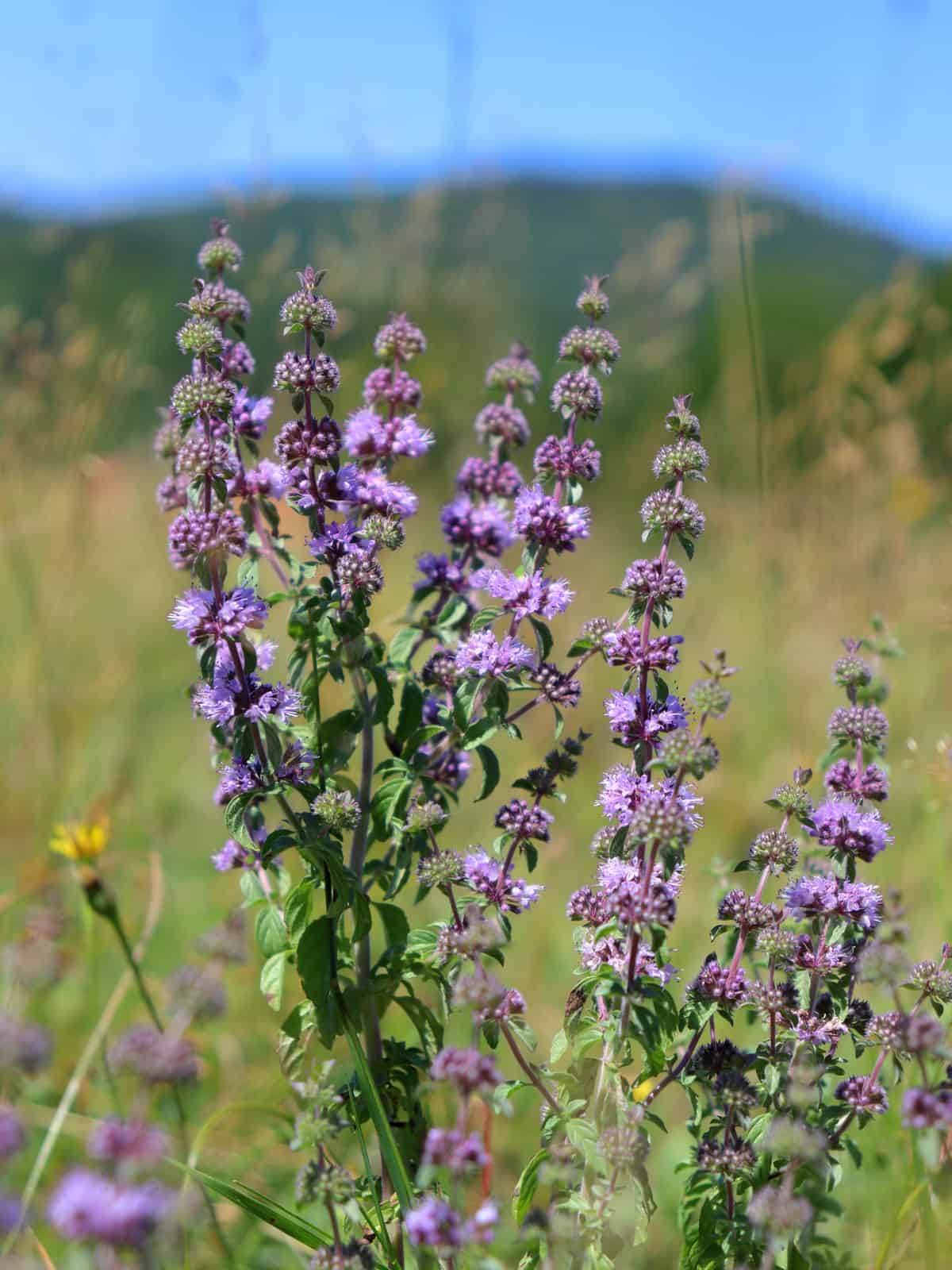
Pennyroyal, often used in natural flea repellents, poses a significant risk to pets. This herb can be highly toxic when ingested or absorbed through the skin.
In pets, it can lead to severe liver damage, neurological issues, and, in worse cases, seizures. It's an overlooked danger, so keeping your pets away from Pennyroyal plants and products is crucial for their safety.
3. Comfrey
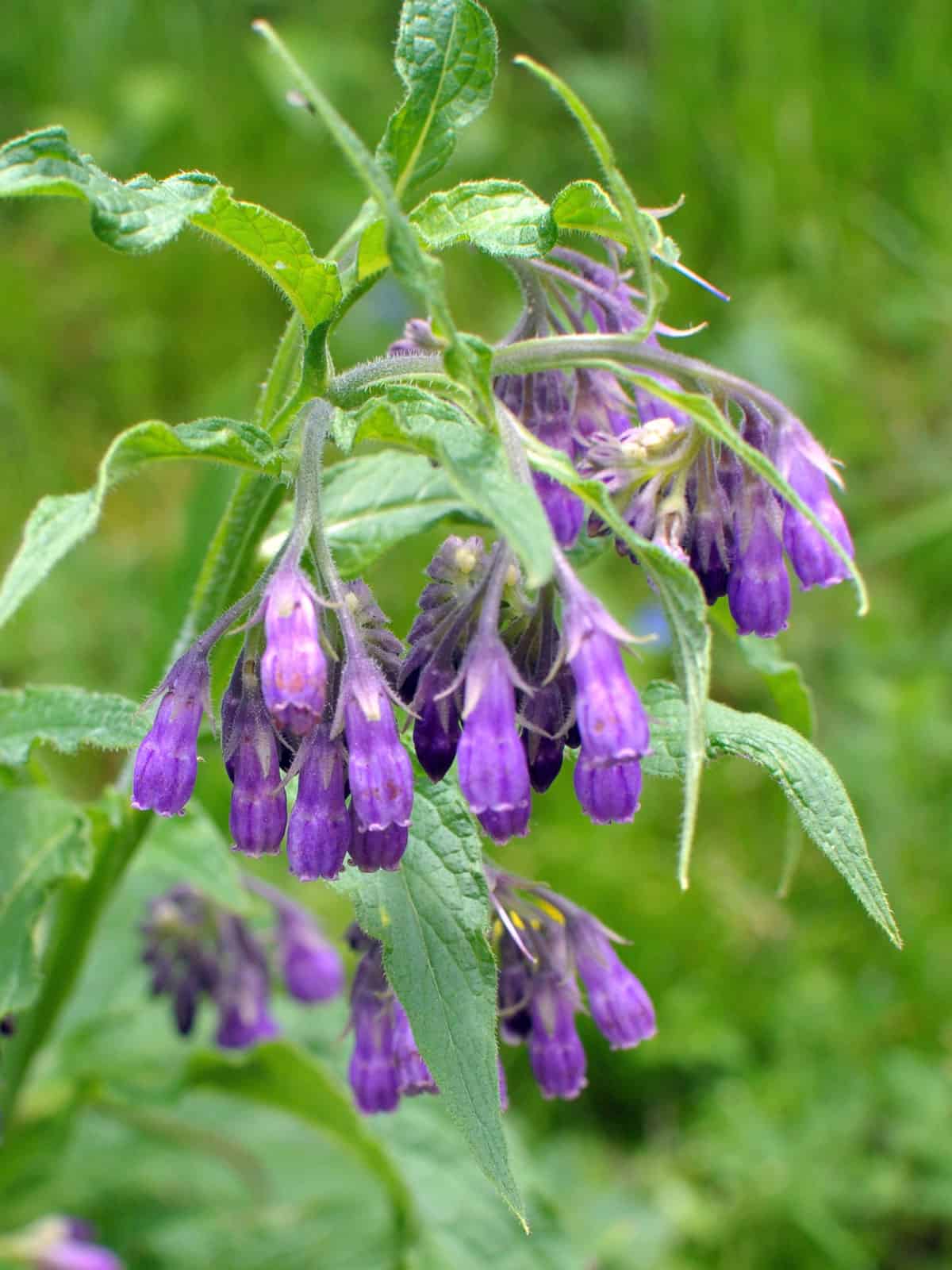
Comfrey might be in your herbal remedy kit, but it's unsafe for your pets, especially cats. This herb can damage their liver and lungs if they ingest it.
Make sure your pets don't have access to comfrey, whether growing in your garden or included in natural treatments.
4. Mint
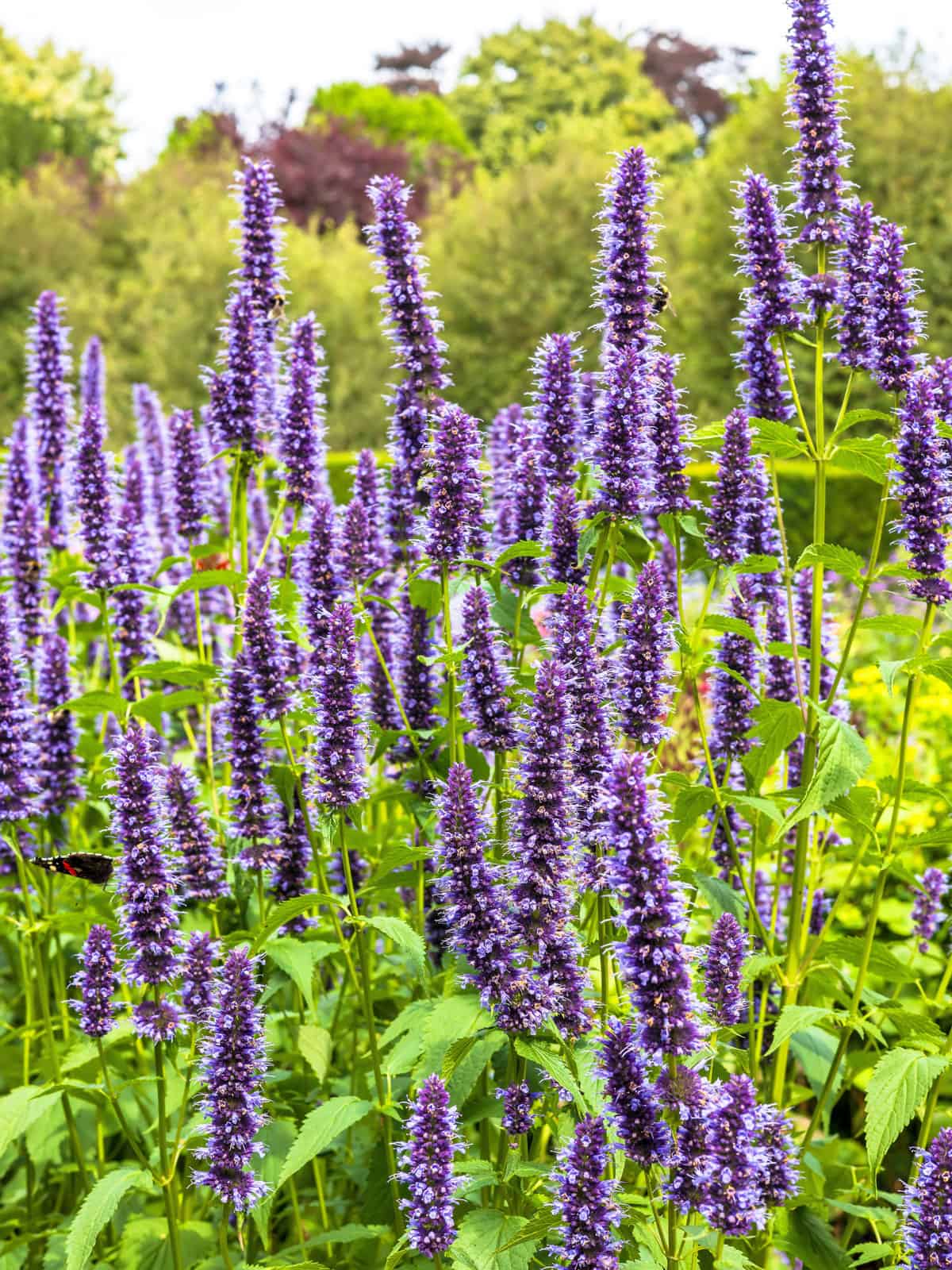
Mint can be toxic to dogs. While some types of mint, like spearmint, are generally safe in small amounts, others can be harmful.
The primary concern is the presence of xylitol, a sweetener found in some mint products, which is highly toxic to dogs. Xylitol can cause symptoms like vomiting, coordination problems, lethargy, tremors, seizures, and liver damage.
5. Lavender

Lavendula angustifolia, commonly known as Common Lavender or English Lavender, belongs to the Lamiaceae family.
It can be used in sweet and savory dishes, adding a unique floral taste. The entire plant, from flower buds to stems and leaves, can be utilized in cooking, albeit in small quantities to avoid a bitter taste.
However, it's important to note that it is toxic to dogs, cats, and horses. The toxic principles in lavender are linalool and linalyl acetate. If ingested by pets, it can cause nausea and vomiting.
While vomiting is not a symptom, horses may still show signs of nausea and lack of appetite.
6. Oregano
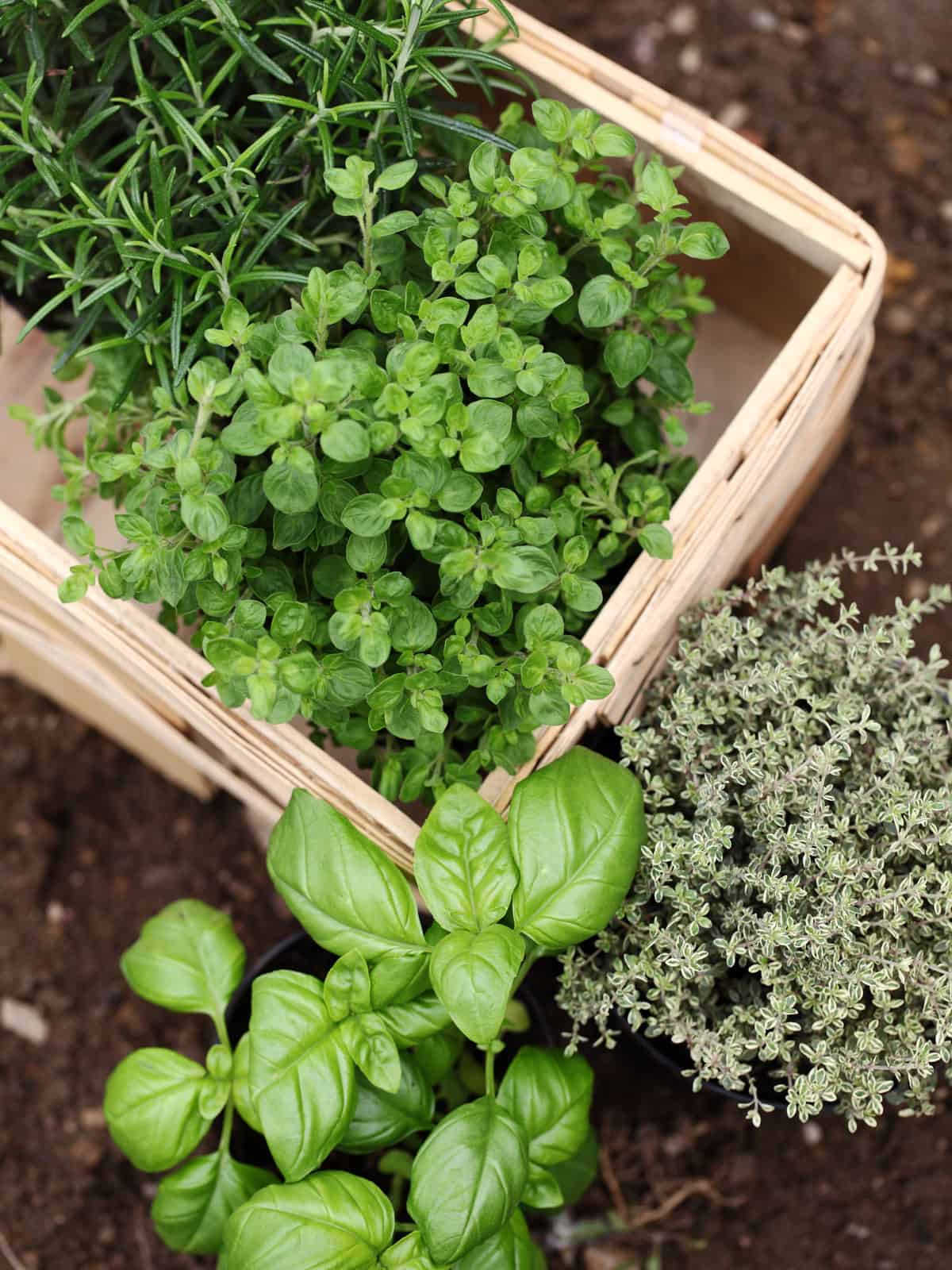
Oregano (Origanum vulgare hirtum) belongs to the Lamiaceae family and is considered toxic to dogs, cats, and horses.
The toxic principles in oregano are identified as gastrointestinal irritants. The clinical signs of its toxicity in pets typically include mild vomiting and diarrhea.
7. Borage
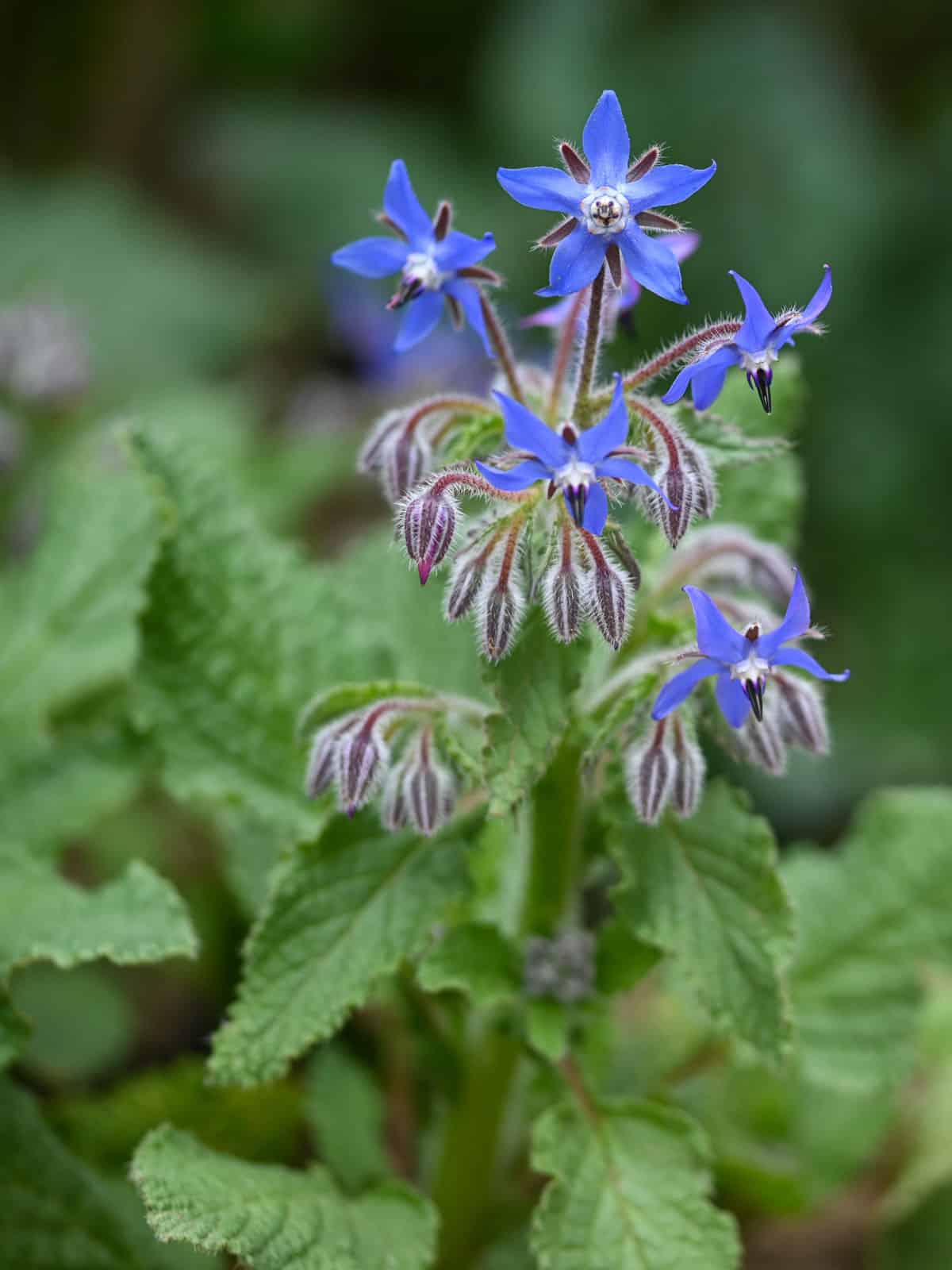
Borage (Borage officinalis) is toxic to both cats and dogs, primarily due to its content of pyrrolizidine alkaloids, which are harmful to the liver and potentially carcinogenic.
Pets that ingest borage may exhibit symptoms such as vomiting, diarrhea, loss of appetite, and lethargy. Severe cases of borage poisoning can lead to more serious issues like difficulty breathing, jaundice, and coma.
8. Tarragon
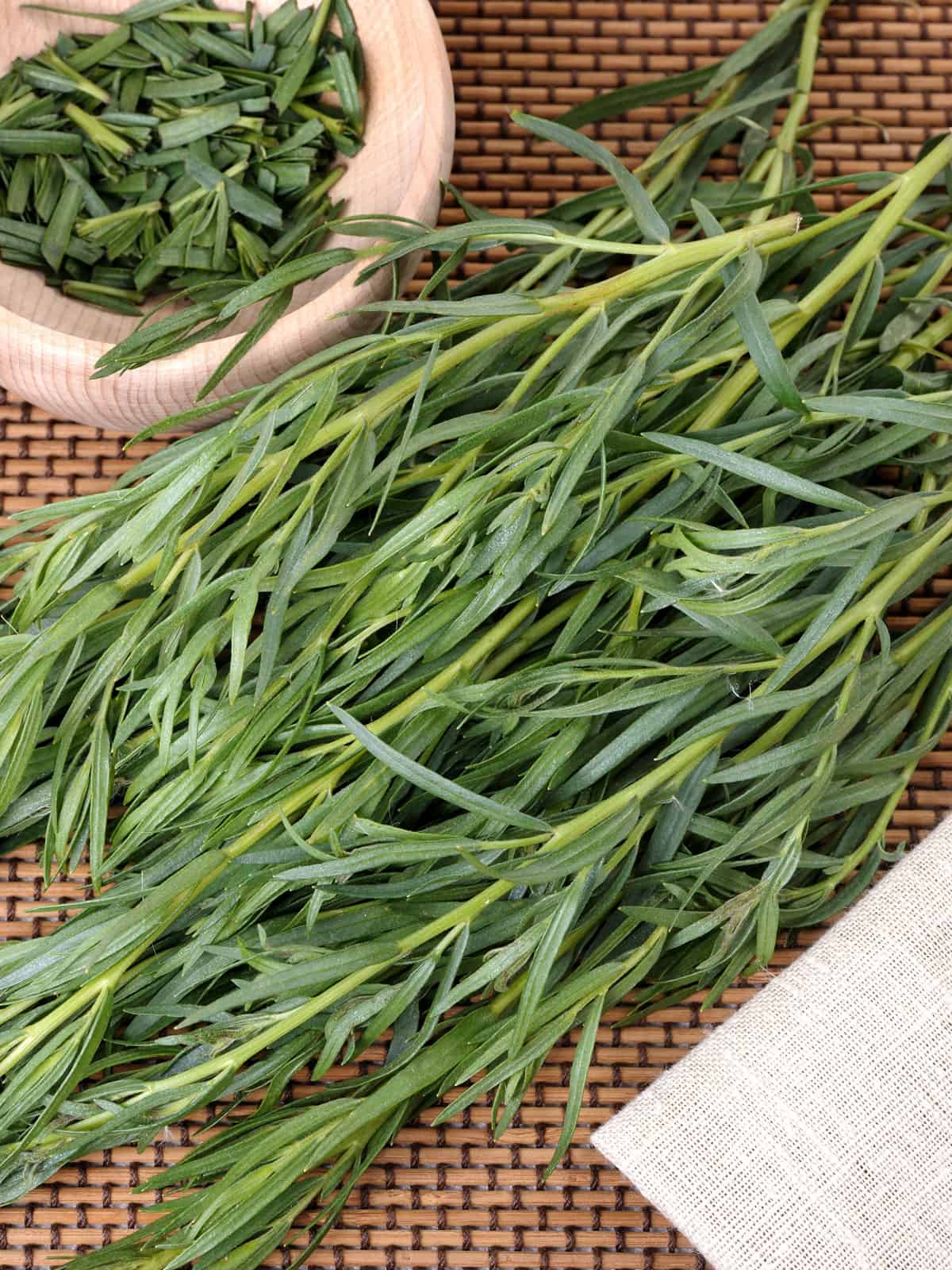
Tarragon, known scientifically as Artemisia dracunculus, is toxic to pets due to its essential oils and estragole oil content.
These substances can cause mild vomiting and diarrhea in cats, dogs, and horses, and larger quantities can lead to liver damage and blood clots.
Estragole is particularly harmful, potentially causing severe symptoms like seizures.
Symptoms of Herb Poisoning in Pets
Recognizing the symptoms of herb poisoning is critical for the timely medical care of pets. Common signs include severe gastrointestinal issues like vomiting, diarrhea, and abdominal pain, which could lead to dehydration.
Respiratory problems such as shortness of breath, coughing, and wheezing are also warning signs, and immediate veterinary attention is necessary.
Additionally, neurological symptoms like seizures, tremors, and loss of coordination indicate serious health risks and require urgent care.
Pets may also experience skin irritation, evidenced by redness, itching, and rashes, varying in severity based on the herb's toxicity.
Wrapping Up
Pet owners must be aware of the dangers common herbs pose to their pets. These herbs can cause serious health issues ranging from anemia to organ damage.
To protect your pets, be proactive: recognize symptoms of herb poisoning, such as gastrointestinal distress, respiratory problems, neurological symptoms, and skin irritation.
Consult with a veterinarian before introducing new herbs, and consider pet-safe alternatives like basil, thyme, and parsley.
By staying informed and vigilant, you can keep your pets safe and healthy in a home with beneficial herbs.
Explore our article, Snake Plants And Pets: What You Need To Know, for essential information on creating a pet-friendly environment!
Also, our article, "Are Insecticides Harmful To Plants, Pets, Or Humans?" explores the risks and realities associated with insecticide use. Check it out!
